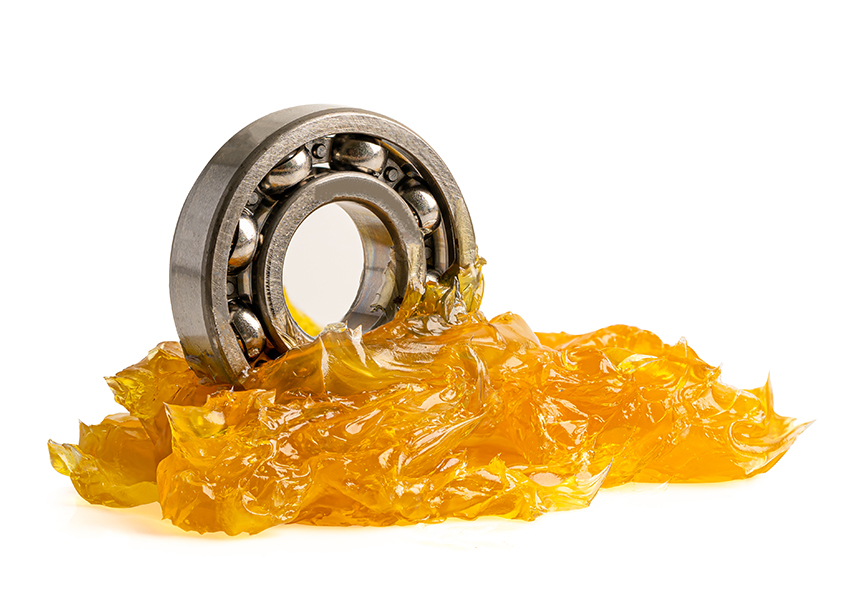
Our Values
Reliability
Quality Orientation
Experience and Expertise
Customer Satisfaction
Strong Business Partnerships
Sustainable Growth
Solution Orientation
Integrity and Transparency
FLUID POWER, CONTINUOUS PERFORMANCE!
2H Industrial Oils Machinery Textile Industry Trade Ltd. Co. is a brand that has been steadily progressing since its inception, with customer satisfaction as its top priority. Founded in 2015 by H. Hakan ÖZBİLGİN, our company was established to meet Turkey's industrial oils and technical support needs.
With 21 years of deep-rooted experience, 2H provides reliable, high-quality, and satisfaction-focused services to customers across Turkey. Maintaining its leading position in the industry with a team of experts and a wide range of products, our company continues to expand its customer portfolio and increase its success every day.
Go to Corporate
PRODUCTS
As 2H Industrial Lubricants, we offer high-performance solutions specific to your needs in the industry.









